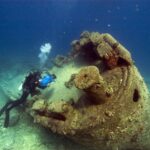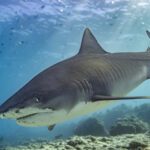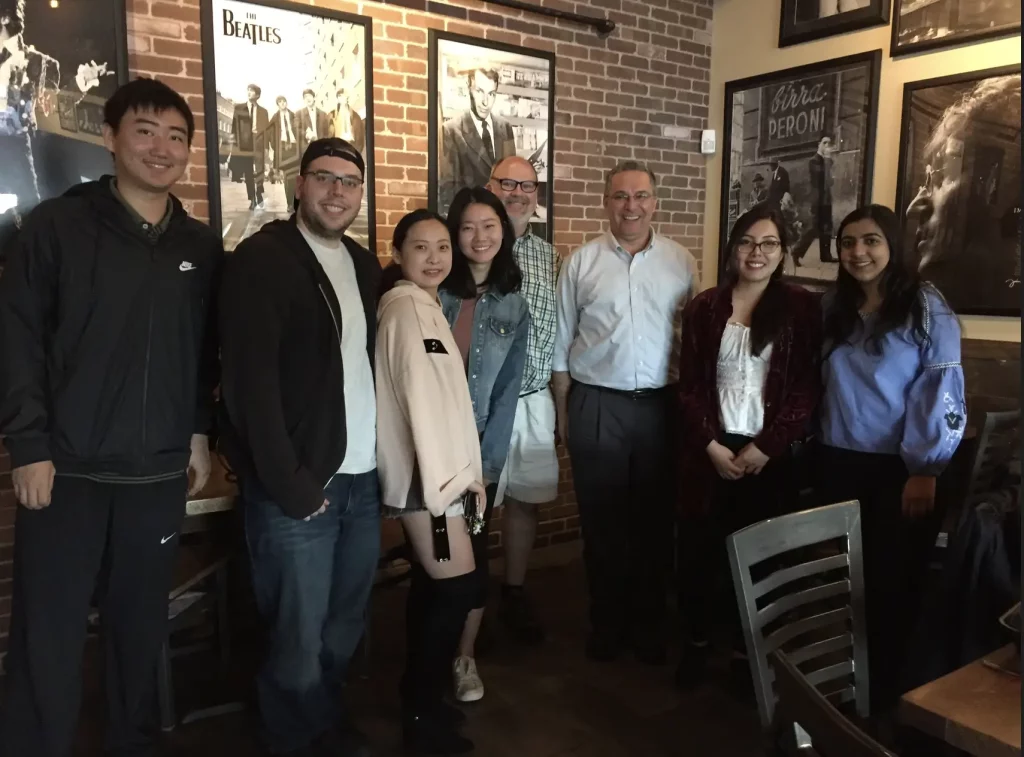
University Studies and Mentorship
Finding the right path within marine biology studies is challenging.
For Edward Zhang, his passion for animal conservation marked the beginning of his academic journey.
Yet, it was the combination of several university courses and the crucial guidance from a mentor that set him on his desired career trajectory.
“The first time I was exposed to marine science outside of classes was when I began working as a research assistant with Dr. Robert Thacker at Stony Brook University during my senior year. Before that, I wasn’t yet sure which direction I wanted to go, even though I knew animal conservation was my passion, hence my specialization in ecology and evolution.
Dr. Thacker’s work on analyzing sponge microbiomes sparked my interest in both microbiology and marine biology. For the first time, I knew that I enjoyed working, and I was inspired to continue down this path,” Edward recalls, highlighting the impact of hands-on research.
“Through my experiences conducting research, including gathering data, critically analyzing them, and presenting my findings in papers and presentations, I’ve learned to look at things in a very methodical and pragmatic fashion. I’ve learned to not automatically turn to bias and to take my time analyzing situations before proceeding.”
“I worked with 5 other fellow research assistants at the lab, along with 2 graduate-level supervisors and our professor. I felt a degree of independence while working and this gave me an idea of what my career could be in the future,” he says.
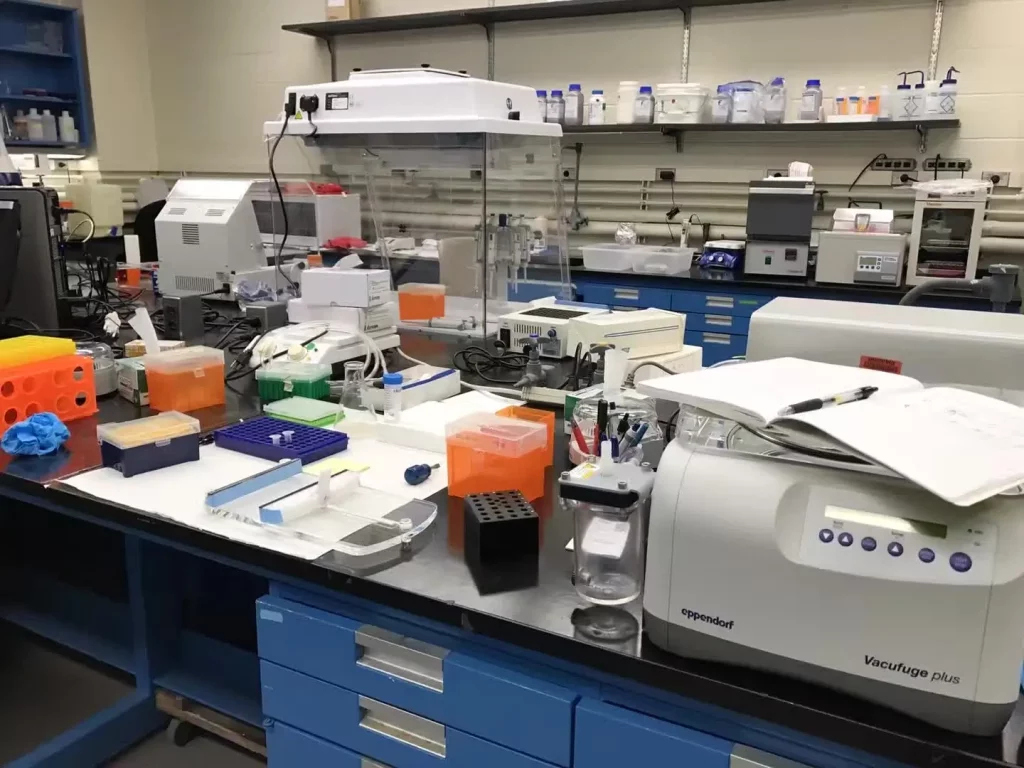
In the Lab: Challenges and Discoveries as a Research Assistant
The challenges were numerous, from mastering complex lab equipment to handling delicate procedures like gel-electrophoresis, which Edward remembers as both a hurdle and a learning opportunity.
“It was no easy feat. In order to gain the trust of my supervisors and professor, I had to quickly learn many of the skills needed to perform my tasks and become accustomed to the various lab equipment, some of which I had never seen before. Because of how novel it all was, I indeed made a few mistakes during my first few weeks there.
Of these mistakes, probably the most memorable was the one where I ran a gel for the first time. Gel-electrophoresis is a process where one separates DNA strands based on their molecular size and charge. The DNA is first stained with a dye before being inserted into wells in a gel, which then runs through a current and separates the strands.
When I first ran mine, I didn’t realize I made a mistake until the gel started running and the dye leaked out all over the gel. The first thing I did after realizing my mistake was to stop the gel from running.
The professor waited for me to restart the procedure, during which time he gave me some tips on making the gel and handling the insertion process, ” he explains.
There is nothing quite like being thrown in at the deep end and having to figure out solutions on the spot to speed up the learning process.
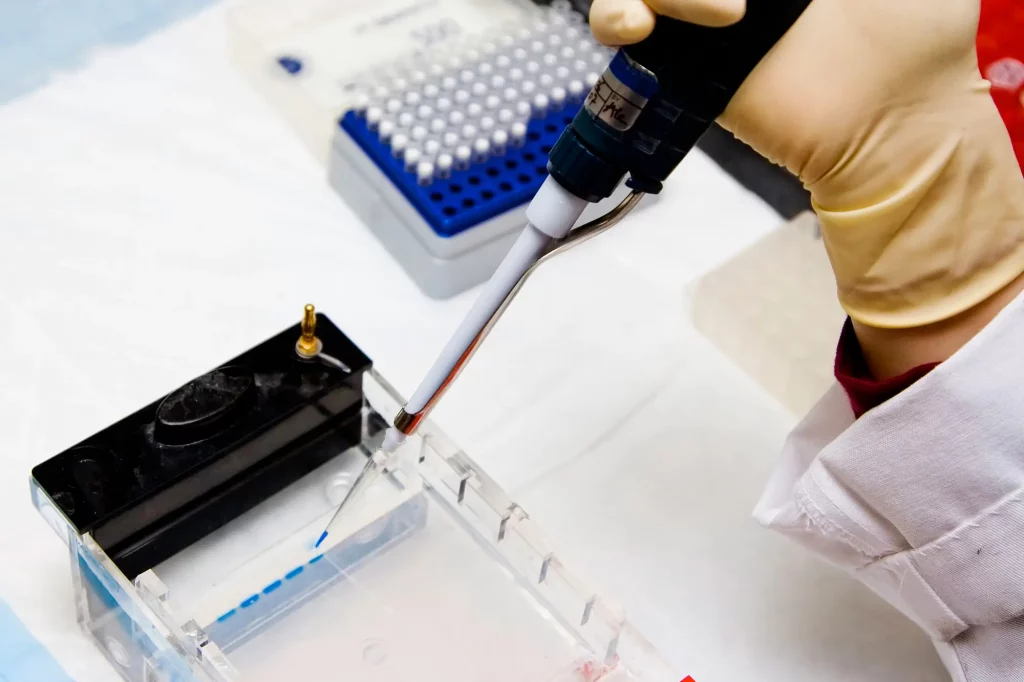
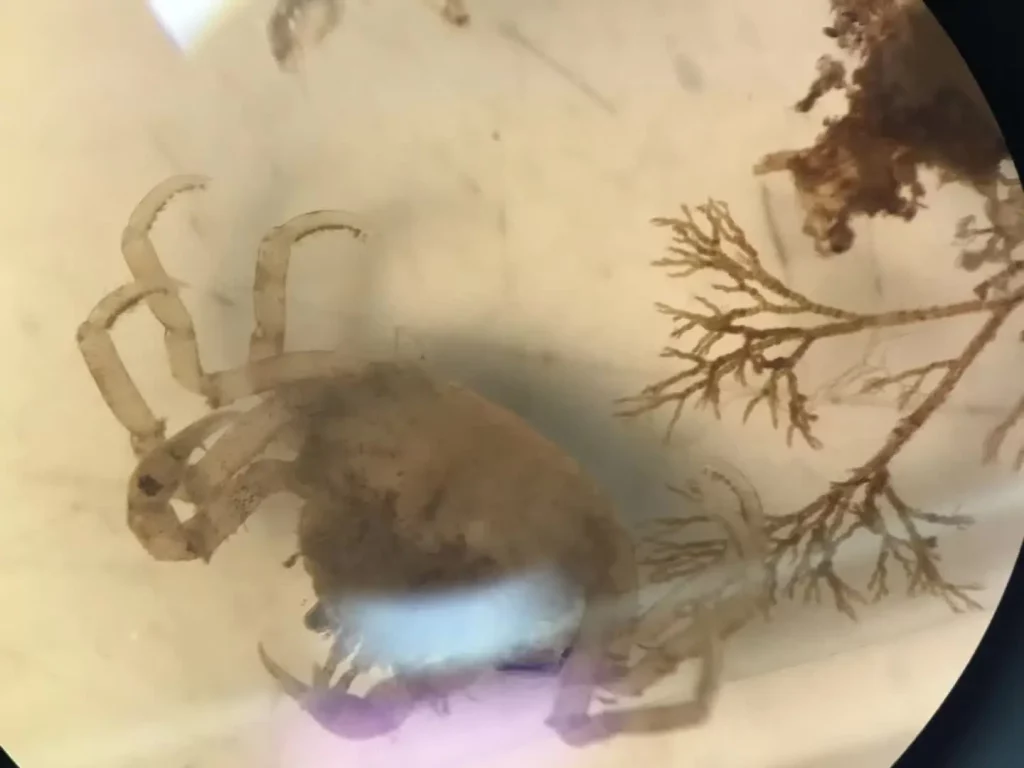
What’s more, Edward honed his analytical and social skills through group projects and research.
“I’ve also become much more comfortable in social situations thanks to the numerous group projects I’ve contributed to over the years. I was very much an introvert growing up and very shy around people; even though now I still value alone time, I found that it’s much easier for me to engage people for the first time. All these skills have shaped the way I engage my career and personal life.”
Edward’s academic path did not stop at a bachelor’s degree; climate change and its multifaceted impact on marine life compelled him to enroll in the Climate & Society master’s program at Columbia University.
However, he soon found that the program’s focus on policy rather than hands-on research was misaligned with his interests, prompting a switch to a more suitable program at UNSW. This pivot shows that it’s perfectly fine to switch directions in your studies once you figure out what really resonates with you and what you’re truly passionate about.
His work with Dr. Thacker was not just a stepping stone but a pivotal experience that shaped his professional outlook.
Edward’s academic accomplishments are further enhanced by his technical proficiency in Python, ArcGIS, R Studio, and MATLAB.
“My work was mainly focused on “wet lab” research where I extracted DNA and prepared samples for running PCRs and gel-electrophoresis), and I learnt to use MATLAB during my time at Columbia.
One of the projects I worked on involved using MATLAB to model several Peruvian anchovy yields with ENSO forecasts. With previously obtained data, we were able to produce several models of anchovy yields in the future and determine which was the best one to use in different scenarios such as most profitable or lowest risk.
Learning MATLAB at Columbia was an extremely rewarding experience as it allowed me to excel in an oceanography course at UNSW. Because I already knew the basics of the language, I was able to excel at it when it came to using it to make predictions on wave formation and duration. My expertise in the language left a positive impression on the professor, who then went on to write a recommendation letter for me that I’ve used to secure subsequent job offers.”
Inspirational Figures and Life Philosophy
Inspiration for Edward comes from figures like Sylvia Earle, whose groundbreaking work in marine biology and role as the first female chief scientist of NOAA (The National Oceanic and Atmospheric Administration) exemplify the impact one individual can have on the field”
“Earle has demonstrated that it’s indeed possible to break the glass ceiling when it comes to research and this has strongly motivated me to pursue my passion regardless of the odds.
From her work leading a team of aquanauts to her work in the Deep Ocean Engineering Team and NOAA, Sylvia Earle has shown just how vast a career in marine biology and marine science can be, further acting as inspiration for me to continue working towards my passion in marine conservation.
NOAA helps regulate fisheries and protect endangered species, this is probably the career closest to my field and is what inspires me the most.”
For Edward, his role is not just to be a protector of nature but also an educator and advocate for sustainable living:
“There’s no better feeling than knowing that people have entrusted you with protecting the marine ecosystems and that by doing so, you’re directly involved in saving numerous species from potential extinction.”
Edward Zhang
For those aspiring to follow in his footsteps, Edward advises a balanced approach—embrace the challenges and uncertainties of marine science/biology, “Before embarking on your journey, you should be prepared to face the difficulties along the way and understand that things may not go the way you had planned.
This path isn’t one about high salaries, promotions, or benefits. It’s about the drive to make a difference for yourself, your loved ones, and all other people and animals sharing this planet because that’s just how impactful your career in marine biology can be. This should be your motivator in pursuing this path, nothing else.
Never be afraid of failure, for as long as you have this drive, you’ll no doubt be able to look ahead and make it happen,” he concludes, offering both inspiration and a realistic outlook on the commitments required in the field of marine science/biology.
Connect with Edward Zhang on Linkedin.


